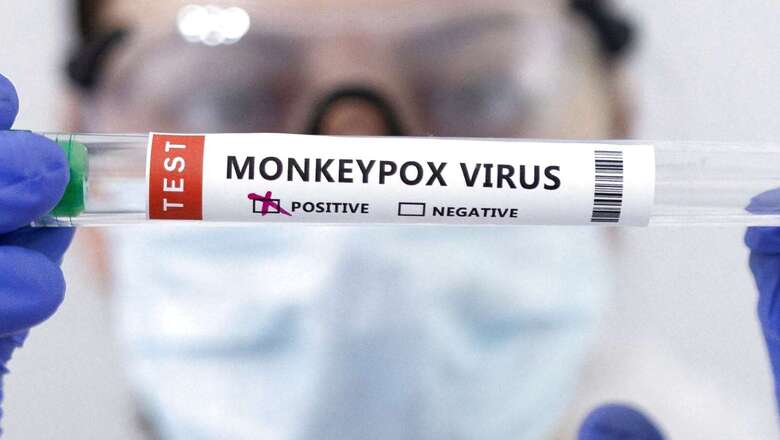
views
An analysis of India’s first two monkeypox cases by an institute of the ICMR revealed that the duo who returned from the UAE were infected with the virus strain A.2, which is different from the one causing the outbreak in Europe.
The A.2 strain, which was detected in the US last year, has not been linked to major clusters. The current outbreak is being driven by the B.1 strain of monkeypox virus, Dr Pragya Yadav, a senior scientist at the National Institute of Virology (NIV) and lead author of the study, said.
On July 23, the World Health Organization (WHO) declared monkeypox a public health emergency of international concern considering the global outbreaks in all the six regions in multiple countries.
So far, India has reported nine cases of Monkeypox and one death. The government has stepped up vigil and issued revised guidelines.
How is A.2 different from B.2?
The A.2 strain, which has been detected in the first two Monkeypox cases, is different from the strain causing the outbreak in Europe. The strain, which was detected in the US last year, has not been linked to major clusters.
The current outbreak in Europe is being driven by the B.1 strain of Monkeypox virus. The B.1. strain has been found across the world and encompass the predominant lineage for genomes in 2022. On the other hand, a very small number of genomes belong to a distinct cluster A.2.
Two African strains
The West African and the Central African are the two known clades of the monkeypox virus. The Central African or the Congo basin strain causes more severe illness and has increased transmissibility. The West African clade is less severe than the Central African lineage.
Symptoms of A.2 strain
The initial symptoms associated with the strain include febrile illness and an average incubation of 5-13 days with swelling of lymph nodes, myalgia and headache followed by vesicular or pustular rashes, a report in Livemint said.
According to experts, the rash starts from the face, genital or perianal region and then spread to other parts of the body and progresses to scab.
Read the Latest News and Breaking News here

















Comments
0 comment